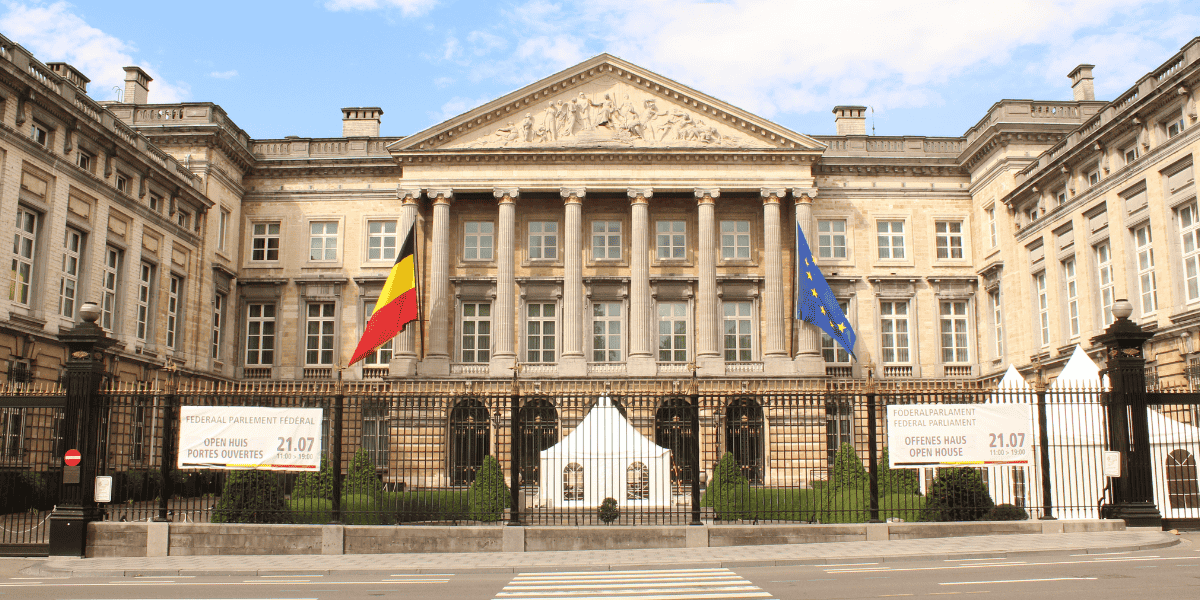The International Monetary Fund (IMF) issued a staff report on 12 March 2015 in connection with the consultations held with Belgium under Article IV of the IMF’s articles of agreement.
Belgium’s government is pursuing policies of competitiveness, deficit reduction and activation of the population, for example by rebalancing fiscal incentives to encourage work. Growth will remain stable at around 1% in 2015. The economic performance is described by the IMF as lackluster but it is above the average for the Euro area. Competitiveness is important for the Belgian economy as around 35% of domestic value added comes from exports. However the number of firms involved in exporting has recently fallen and the exports are increasingly confined to just a few capital intensive sectors.
The IMF considers that Belgium’s economic activity is negatively affected by low employment rates and that these are related to distortions resulting from tax and benefit policies. These include generous access to pension and unemployment benefits, high taxes on labor, schemes for early retirement and high minimum wages. The employment rate at 67% is among the lower in the north of Europe. The low level of non-subsidized private sector employment has decreased the tax base from which government services and social transfers can be funded.
Belgium’s federal government is committed to lowering the taxes on labor. The employers’ social security contributions will be reduced in phases from 33% to 25%, by consolidating the specific reductions into one general reduction so that the changes are revenue neutral. Other labor reforms would include an increase in the pension age and more strict eligibility criteria for unemployment benefits. The reforms would need to be accompanied by active labor market policies to help workers align their skills to the requirements of the market.
The IMF has also noted that capital is not taxed uniformly. Capital taxes could be put on a more equal footing with taxation of labor income. Another recommendation is that the number of items subject to lower VAT rates could be reduced, to raise more revenue.
Environmental taxes could also be increased in the view of the IMF, as there is a need to reduce Belgium’s high energy consumption. Revenue gained from this reform could be used to further lower the tax burden on labor income.
The IMF has also suggested that taxes on immovable property could be rebalanced. Instead of applying transaction taxes to property there could be more revenue raised through recurrent taxes on property, thereby enhancing the amount of tax collected and increasing labor mobility.
Belgium’s government has accepted that options can be examined for redistributing the tax burden away from taxes on labor income but the impact of increases in other taxes such as capital taxes on economic behavior needs to be assessed.












